FERTILE GROUND: COLLABORATION IN AGRI-TECH
Ohad Blumberg, Israel Trade Commisioner to Australia
In the agri-tech arena, Australia and Israel are poised for more transformative partnerships. Shared challenges like water scarcity, and a commitment to agricultural excellence, make collaboration crucial.
Australia’s vast resources, combined with Israel’s reputation for technological prowess, creates a unique opportunity for innovation synergy.
As a global leader in water-saving technology, Israel is well-placed to provide innovative, practical solutions to ensure the sustainability of agriculture in Australia.
Collaborative agri-tech projects between Australia and Israel can lead to increased productivity, efficiency and yields, while decreasing costs.
This not only benefits both nations, but also contributes to global food security.
There are opportunities in precision agriculture to develop data-driven farming solutions, in biotechnology through creating more resilient crops, in robotics to automate forms of farming practices to gain further efficiencies, and in enhancing food safety measures.
Our office is pleased that BeeHero, ROOTS, and WeedOUT are showcased in this article, as we continue to provide them, and many other Israeli high-tech companies, with opportunities to engage and collaborate with, and offer solutions for, Australian farmers, and the Australian agricultural sector.
Agri-tech collaboration between our nations is destined for further growth, which will help to address global challenges, open new markets and foster innovation.
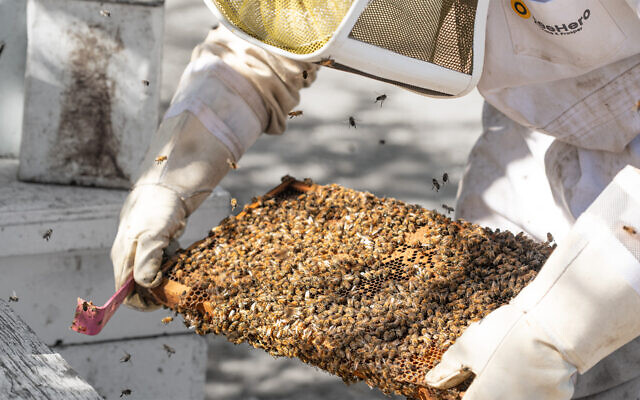
BEEHERO
Buzzing with opportunities
The saying “busy bees” is so apt.
Not only do bees produce honey – including up to 30,000 tonnes of it in Australia annually – 70 per cent of food-producing crops in farms worldwide rely on bees for pollination.
Here in Australia, bee-based pollination services contribute between $4-6 billion each year to the economy, and crops such as almonds, avocados and berries are particularly dependent on bees.
That’s why the entry into the Australian market this year by high tech, data-driven Israeli precision pollination service provider BeeHero – through a partnership with leading Australian hive broker and auditor, Monson’s Honey and Pollination – is such an exciting development.
BeeHero was established in 2017, with a research and development centre in Tel Aviv, and a head office in Fresno, California.
So, what will it bring to the table?
For the first time, Aussie beekeepers and crop growers will have unprecedented, real-time access to accurate data, information and analysis – in a range of key health and productivity categories – on exactly what is happening inside, and beyond, their hives.
BeeHero’s low cost, in-hive sensors monitor each bee colony, down to each frame.
The data is then fed through AI-powered algorithms and the resulting information is updated on an app.
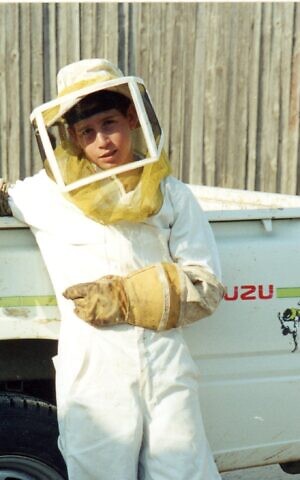
As BeeHero’s co-founder and chief operating officer Itai Kanot explained, growers today are used to using high tech tools “in almost every area of farming, but they still have almost zero visibility with regard to their pollination activities and efforts”.
“So, many growers are making daily decisions, from a beekeeping perspective, based on guesswork,” he said.
“What we bring is a lot of transparency.”
Kanot said beekeepers use the BeeHero app to monitor their hives to better manage and care for them, and prevent potential issues before they become major problems.
“Then once the hives are on the farm, growers can get their own dashboard, to see exactly the activity levels of the bees, monitor their strength, and get clarity about how good the bees they’ve ordered are.
“That’s super important for them to know, and because it’s done by machines rather than humans, it is always reliable, accurate and uninterrupted data.”
The latest BeeHero product, Pollination Insights Platform (PIP), is designed for growers only, and uses sensors spread across fields to monitor bee activity on plants and flowers, “so that farmers know their bees are actually on them, and not flying elsewhere”.
“That’s especially useful for some crops that are not as attractive to bees, like onions and avocados, and there are things that farmers can then do, but only if they are aware.”
BeeHero sought to enter the Australian market as early as 2020, but the pandemic put that on hold.
“Australia is the second largest producer of almonds in the world, after California, so we knew it was a market we wanted to get into,” Kanot said.

“My first business trip there was in September 2022, and that’s when I met the Monsons, and we found a lot of common interests.
“The partnership combines legacy beekeeping – people that Australian beekeepers and farmers already know and trust – with our cutting edge technology, to unlock a lot of new value.”
With eastern Australia experiencing a spreading varroa mite outbreak since mid-2022 – a parasitic threat that can weaken and kill bees – Kanot said BeeHero’s technology “can absolutely help beekeepers to manage the problem”.
Last month, BeeHero and other leading Israeli agri-tech companies in the field – including Beewise, H4Bees, and BloomX – presented a webinar for the Almond Board of Australia, to showcase their latest products, from autonomous, climate-controlled hive management, to robotic, drone and other alternative pollination delivery systems.
As someone who was “born into beekeeping”, Kanot said the contribution and impact that BeeHero is able to make now feels extra special.
“My family owns the largest beekeeping operation in Israel, so I grew up with it,” Kanot said.
“But unlike other farming sectors, beekeeping, until very recently, used the same methods for the last 50 to 100 years.
“So it’s definitely super interesting to see the innovation that’s emerging now, and to actually be a part of that.”
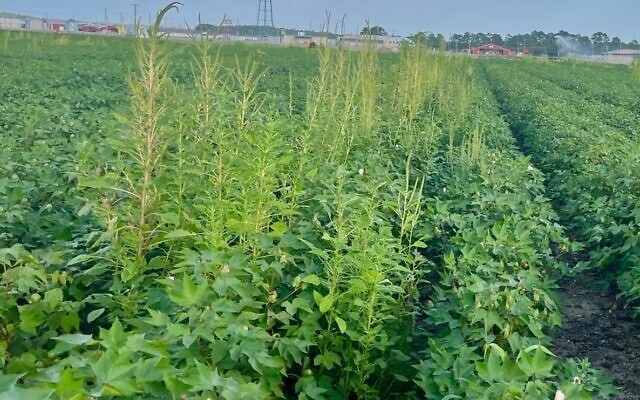
WEEDOUT
A brilliant bio-herbicide breakthrough
In 2019, Australian investment firm PAN Group – which aims to empower innovators to positively impact the world – first invested in Israeli bioherbicide company WeedOUT.
Then earlier this year, they did so again, impressed by WeedOUT’s further development of its groundbreaking, non-toxic, technological solution to the worsening global agricultural problem of weed resistance to available herbicides.
In a statement about their decision, the PAN Group expressed their belief “in the passion of WeedOUT’s founders, Dr Efrat Lidor Nili and Dr Orly Noivirt-Brik, to unlock their purpose of exploiting sterility to win the battle against resistant weeds”.
WeedOUT’s technology, currently progressing through development stages, centres on its production of a unique, biologically-based weed pollen that, when applied to weeds via artificial pollination, leads to the formation of aborted seeds.
Other great advantages include outcompeting naturally occurring weed pollen, targeting only the weed and not the crop, and being cost effective.
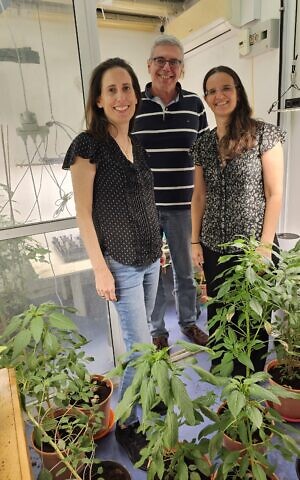
High efficacy was demonstrated in field trials in Israel and the US on palmer amaranth – the most troublesome weed in North America – and successful proof of concept studies have been done on other weeds, including waterhemp.
Lidor Nili said of the innovation process, “Orly and I wanted to solve the weed resistance problem by providing a biological, rather than chemical, solution, so we started from that one idea, which underwent several cycles until it was fully developed.
“Personally, we feel proud and excited and we anticipate that the products will make a huge global change in weed management, when launched. “As for its potential for Australian agriculture, our technology can be applicable for certain weeds that cause severe damage to various crops there, such as ryegrass.”
Noivirt-Brik said, “[Israel’s] start-up nation environment enables us to recruit team members that are all ‘thinking out-of-the-box’ people, highly motivated to cope with any challenge.
“Moreover, the Israeli government’s support to entrepreneurship is of high importance for us too.” WeedOUT president Zeev Weiss told The AJN, “Australia is definitely one of the target regions that we are aiming for.
“Having investments sourced from Australia, such as from PAN Group, is highly important for us in strengthening our familiarity with the local weed management practices, and unmet needs, as well as for considering efficient ways for the future implementation of our technology in Australia.”
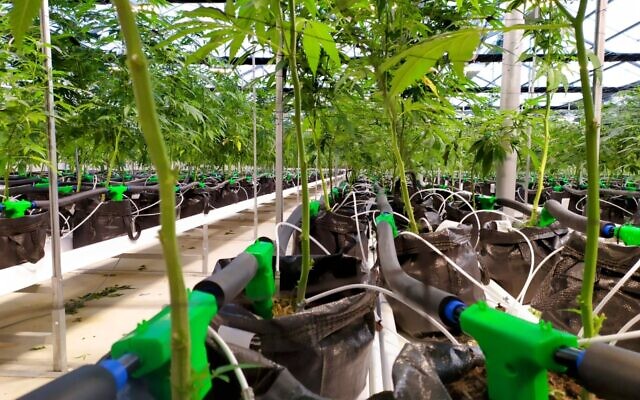
ROOTS
Pipelines of potential
The innovation process never stops for the cofounder and executive director of Israeli agri-tech marvel, ROOTS Sustainable Agricultural Technologies.
Driven by his passion for water conservation, a scientific mind, and empathy for the plight of farmers who increasingly have to deal with extreme weather, Boaz Wachtel invented, and patented for ROOTS, two amazing technological solutions for farmers.
The first is a standalone, closed loop, solar-powered system that utilises humidity to irrigate crops via condensation from pipes, and the second is an efficient way to maintain an optimum plant root temperature range, year round.
Since the company was established in Israel in 2012, it successfully tested its twin technologies, began commercialising them, and opened a vital door for further investment and growth when listing on the Australian Securities Exchange (ASX) in December 2017.
It also established operations in five countries, including Australia, where it now has a small office in Perth.

“A good example of our current projects is in Dubai, where our technology keeps the roots of coffee plants at between 20 and 22 degrees, even when the outside temperature gets above 45 degrees,” Wachtel said.
“Knowing that we can actually do that is very rewarding. And from a food security and food production point of view, this is a very radical and disruptive technology.”
The company’s Root Zone Temperature Optimisation system responds to input from sensors in the soil, and farmers can access real time updates via an app.
Tank water is heated or cooled, and pumped in a closed cycle to the root zone using a T-shaped heat exchange probe.
“It took us a long time, but with the help of Australian investors, we were able to develop this very precise, energy-efficient solution, and the results are outstanding.”
The idea for ROOTS’ Irrigation by Condensation system, Wachtel explained, was inspired by the earlier work of an American inventor who had piped very cold, deep seawater off Hawaii’s coast above crop fields, letting the humidity produce condensation droplets on the pipes, that fell onto the soil.
“But no farmer wants piped seawater, in case of a leak, so I produced an IP [intellectual property] solution, where you can chill fresh water [to below the dew point] by alternative means, like solar.”
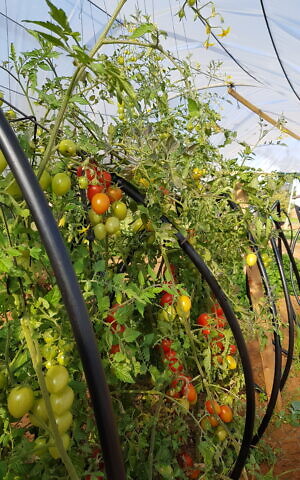
Wachtel said both of ROOTS’ key agri-tech solutions, “have tremendous potential for Australian small-tomedium scale farmers that grow high end crops in covered agriculture, such as in pots or grow bags inside greenhouses, or under shade cloths”.
“Australia is especially strong in growing different types of berries, and we’ve found that for them, and other high end crops, through testing, that our technologies bring many benefits, including bigger fruit, higher yields, lower disease and earlier harvesting.”
ROOTS currently has 3000 shareholders, and hopes a capital raise this month, and future ones, prove fruitful. “The ASX is a very respected, transparent and fair stock exchange, and is open to small companies with little or no income, because it wants to diversify from a resources sector concentration,” Wachtel said.
“And we thank them for that, as being listed allowed us to access capital markets. Introducing agricultural technologies to the marketplace is a very lengthy and capital intensive process, which we’re at the end of. Now we need more capital to expand, grow and achieve profitability. If investors have patience, there’s a very good horizon for these technologies, and I’m confident we’ll make a global impact, one farm at a time.

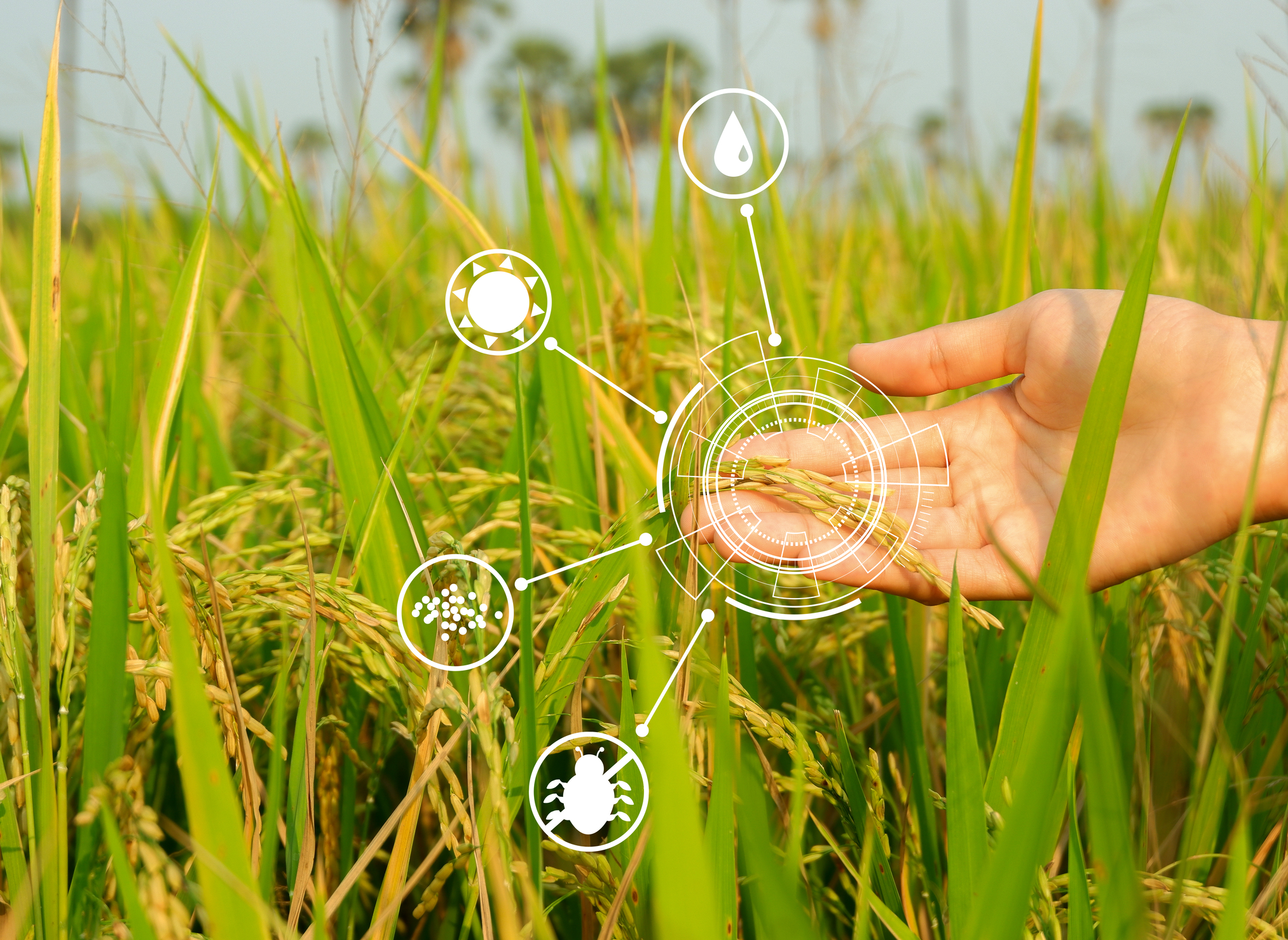
comments